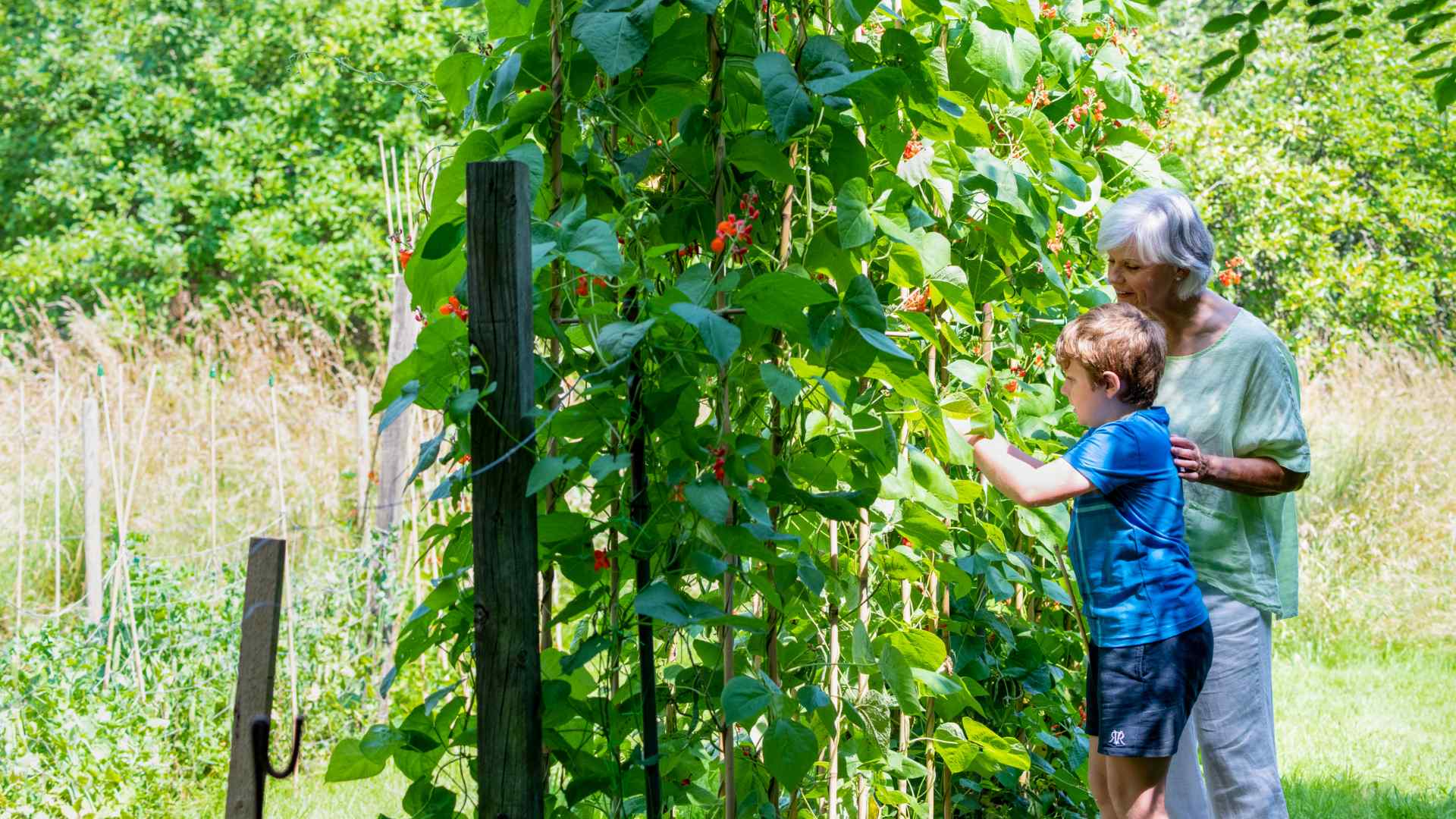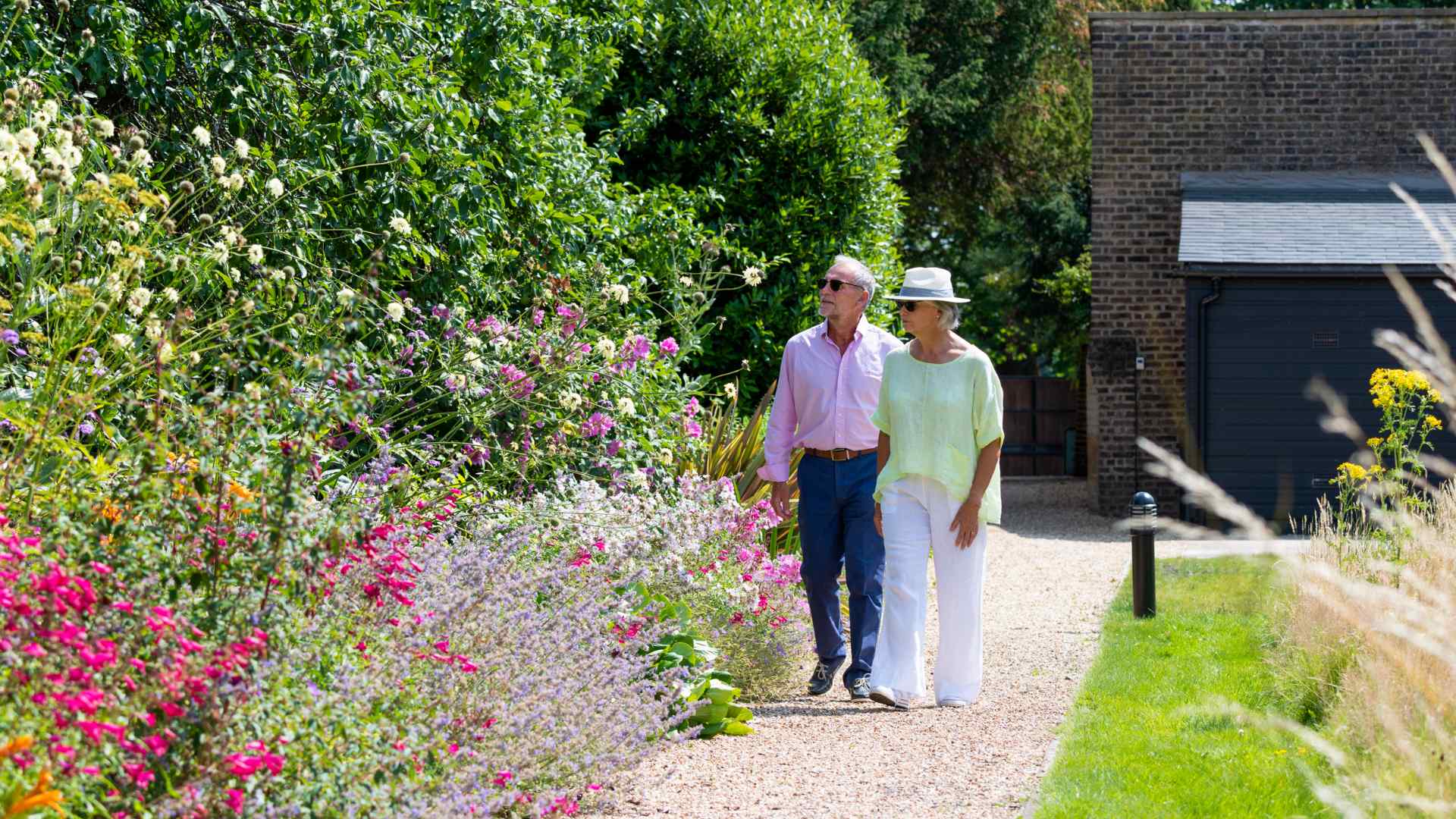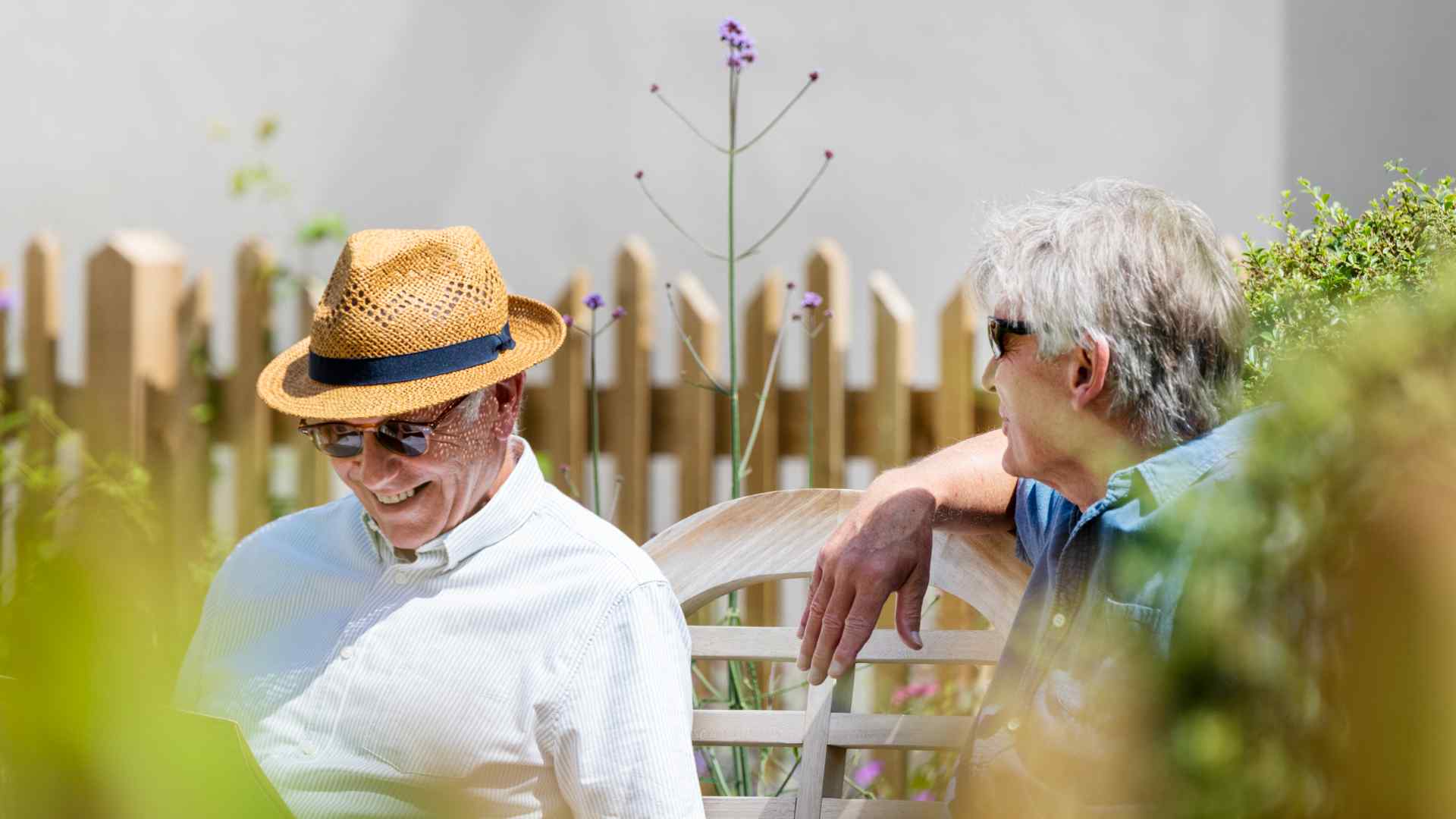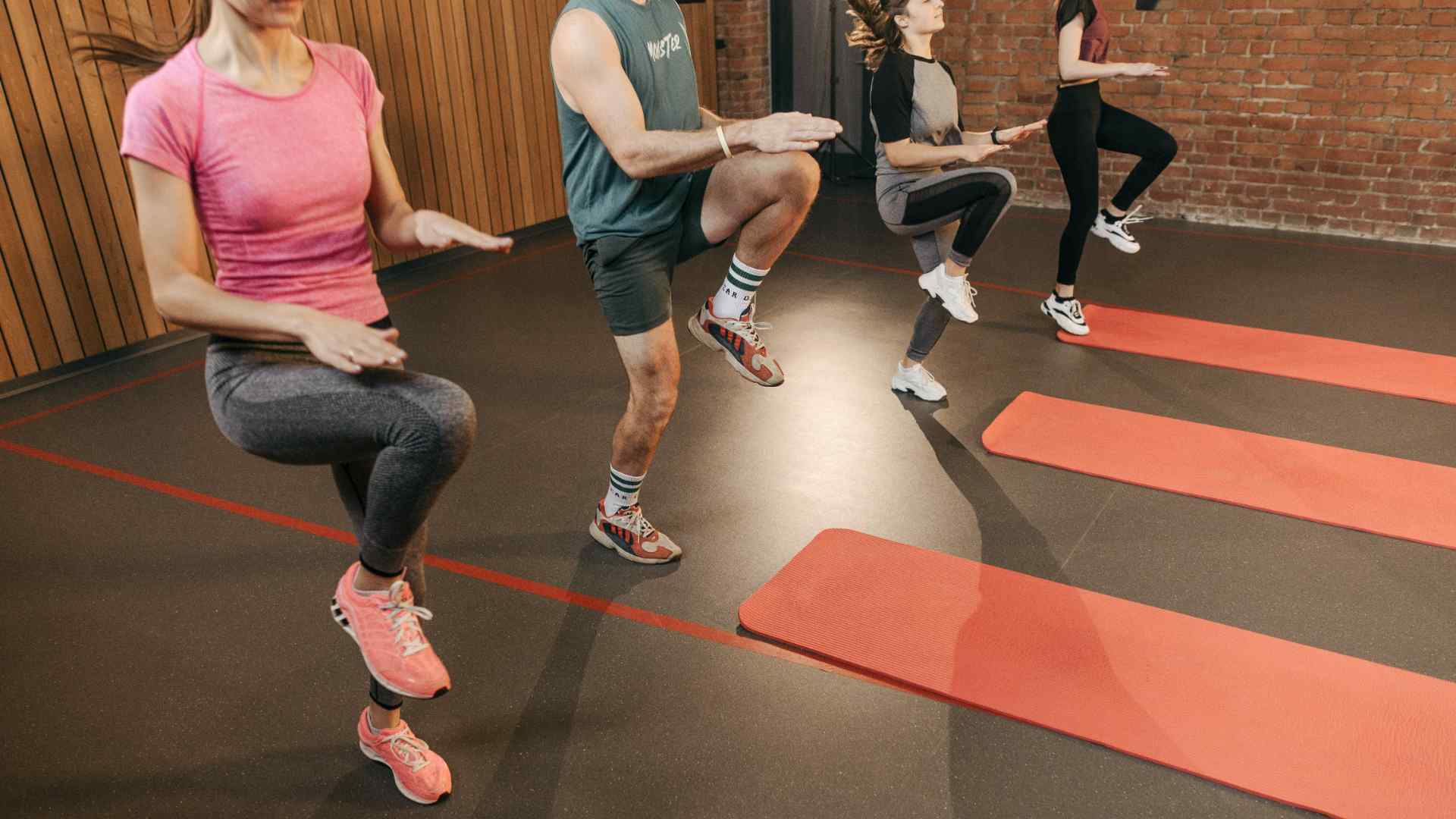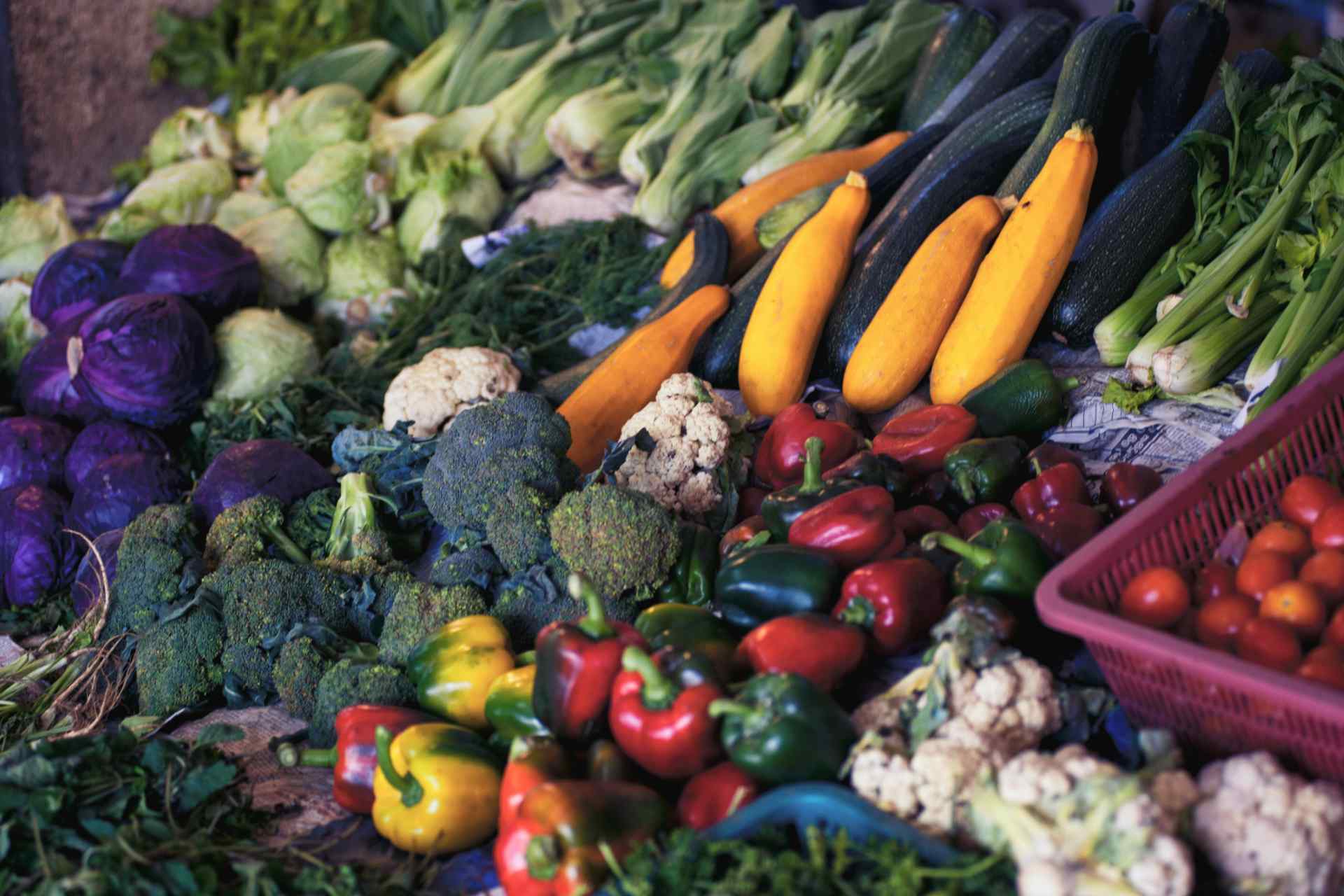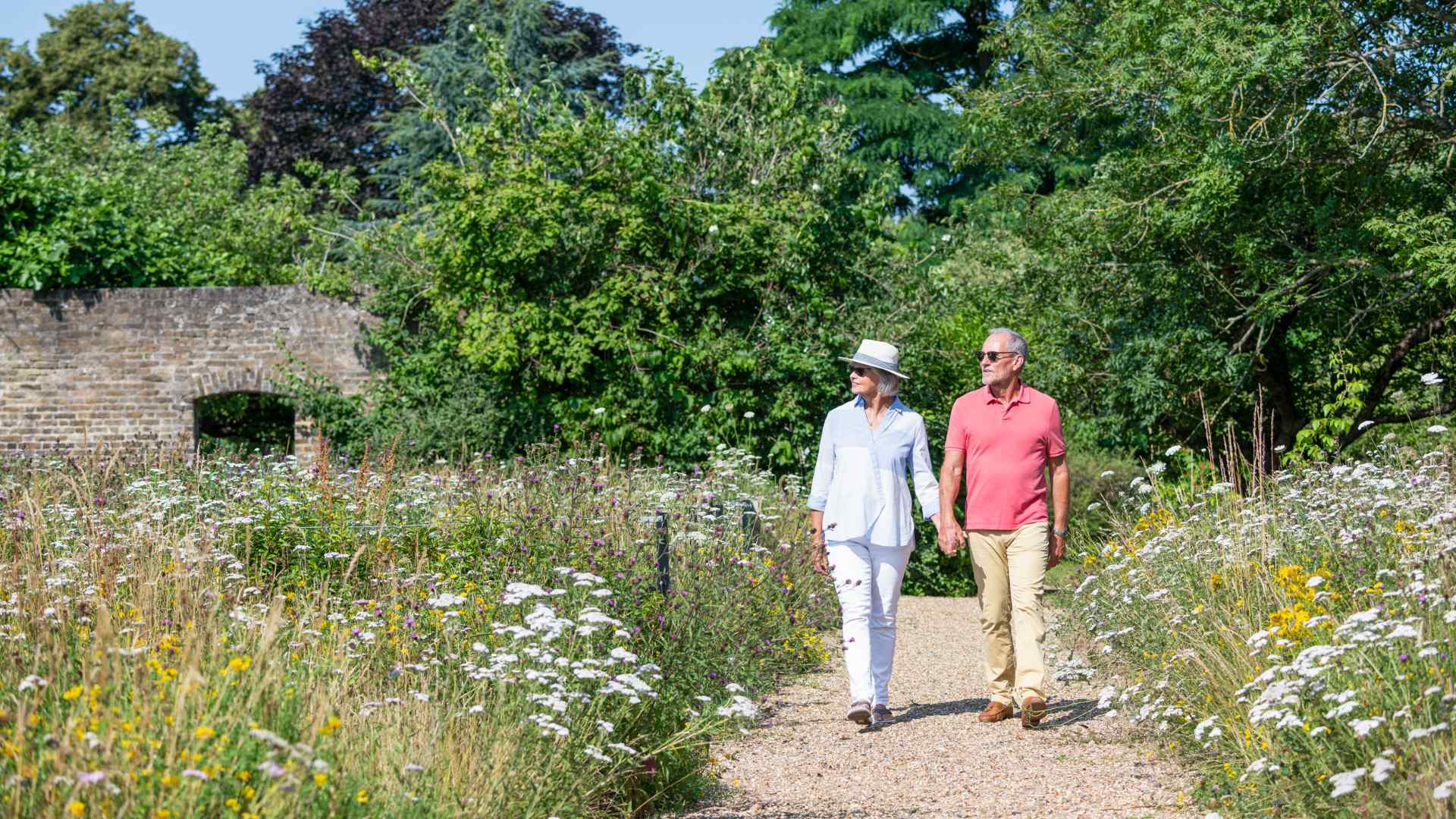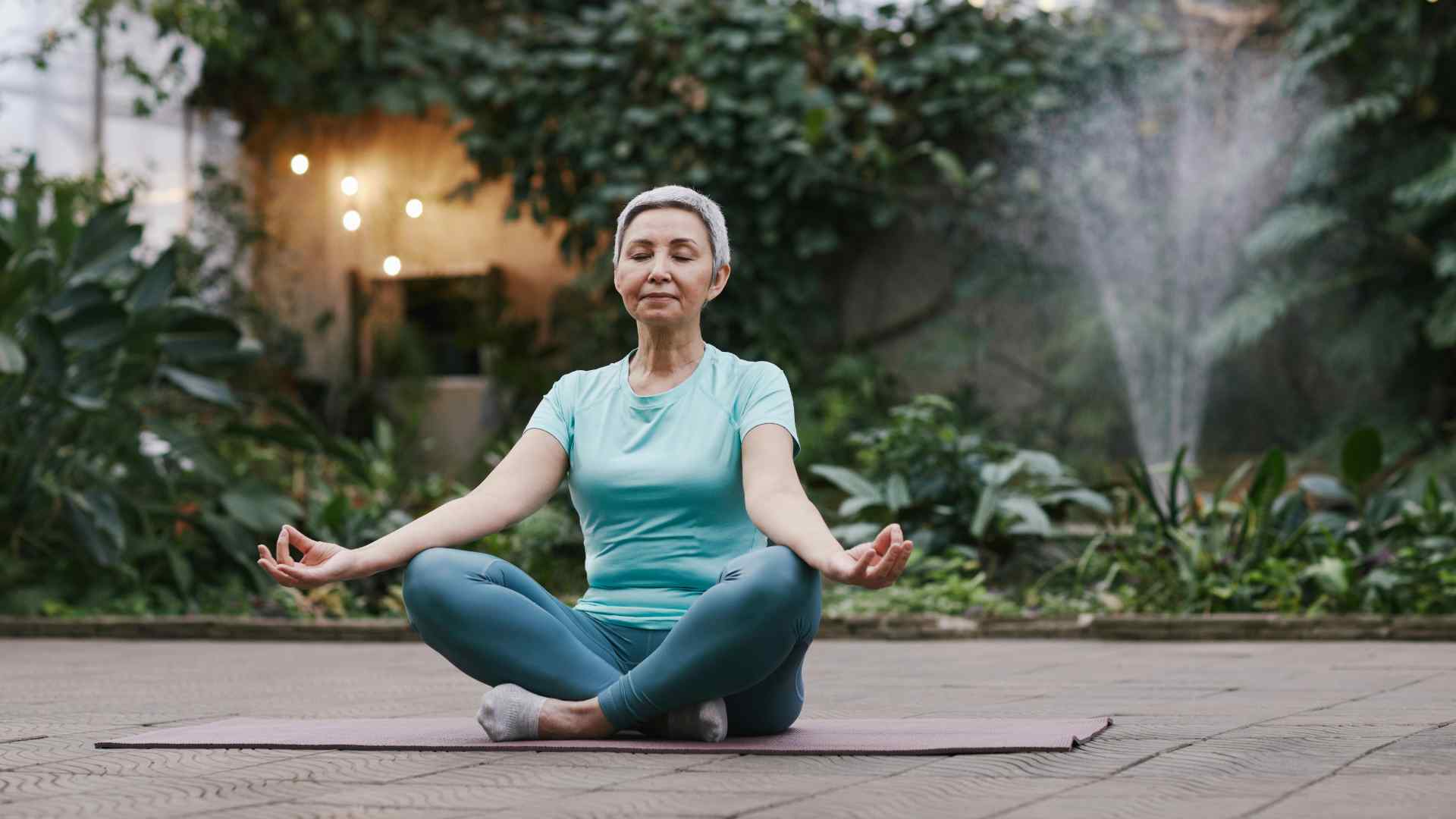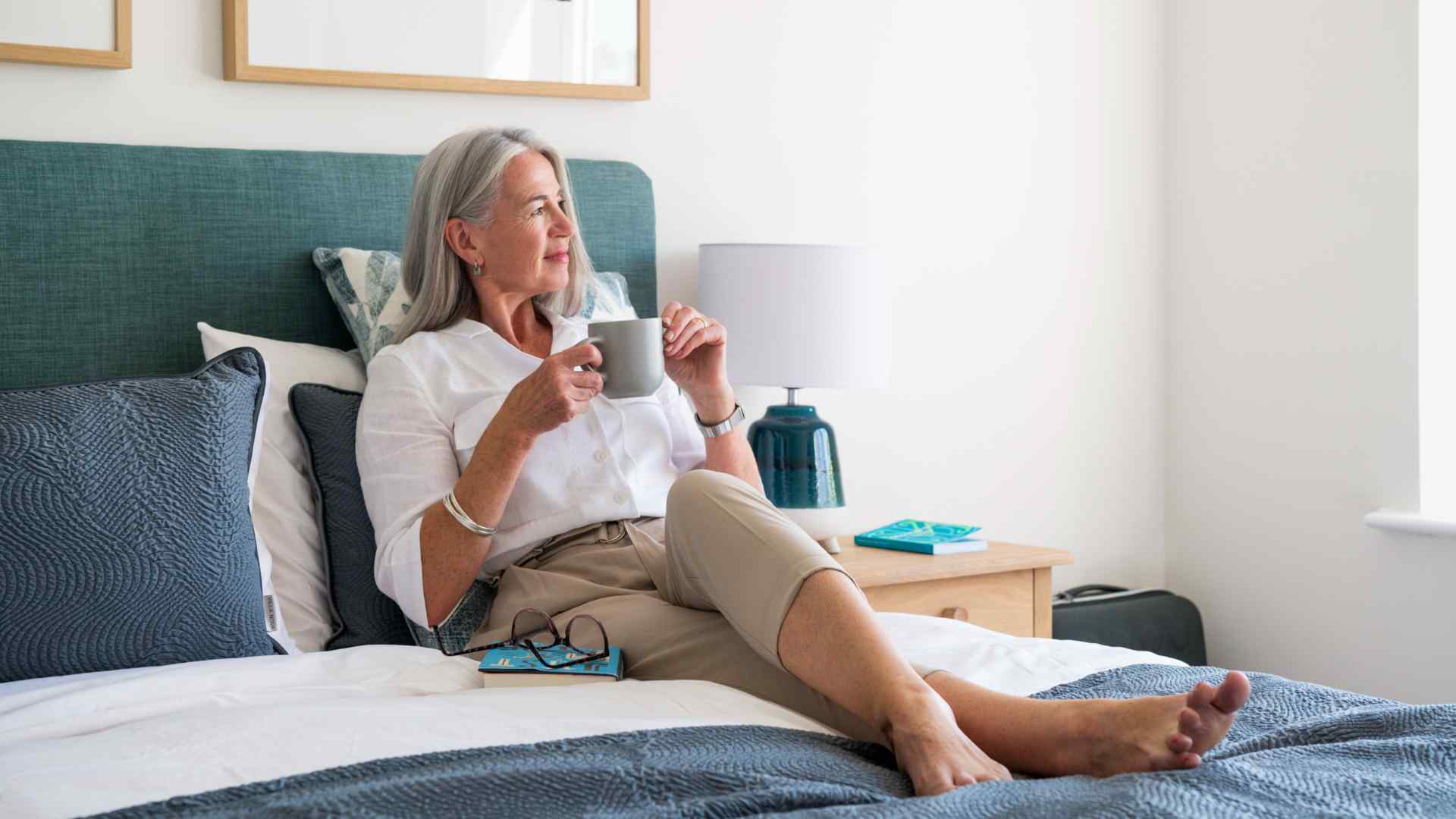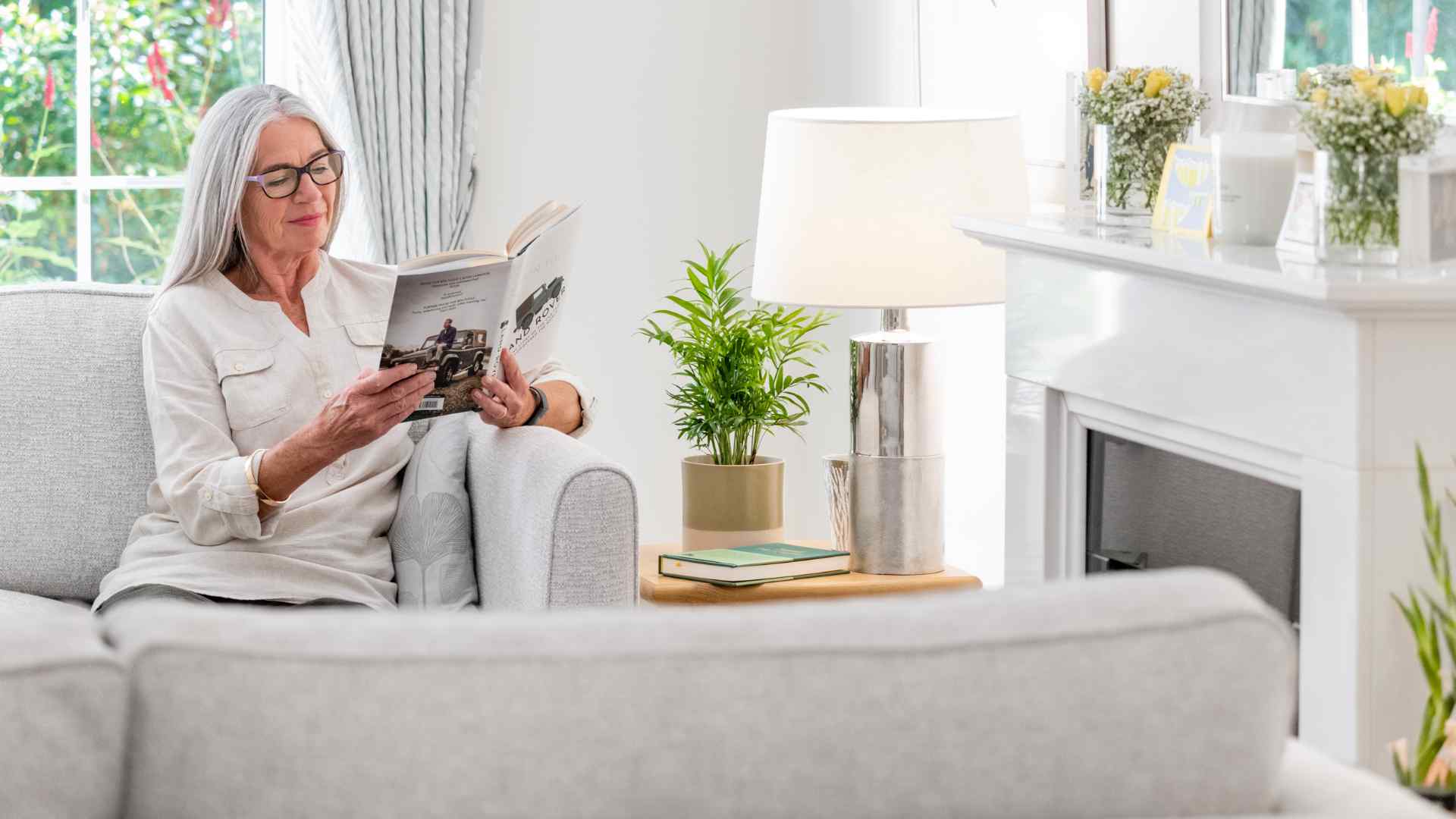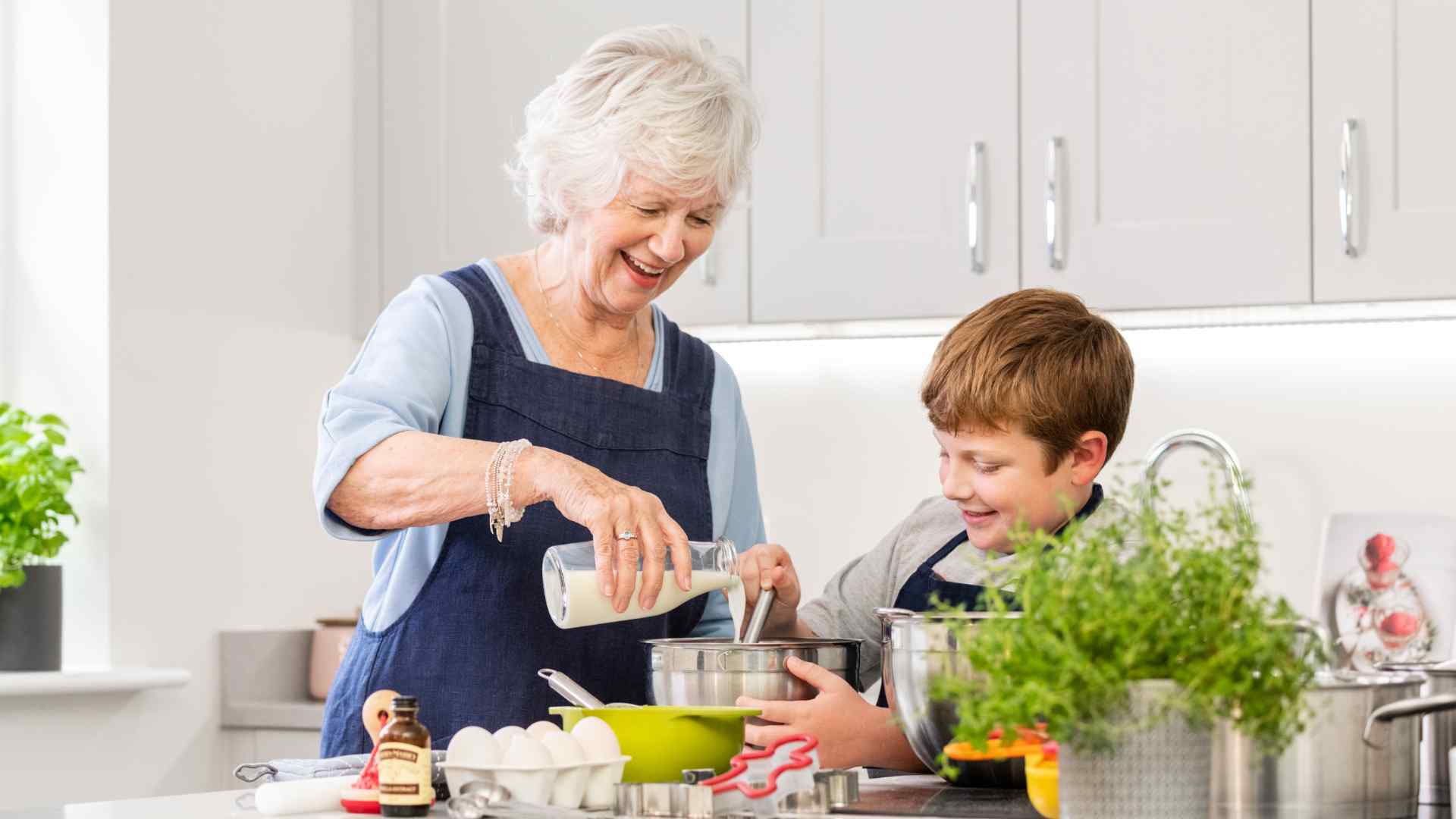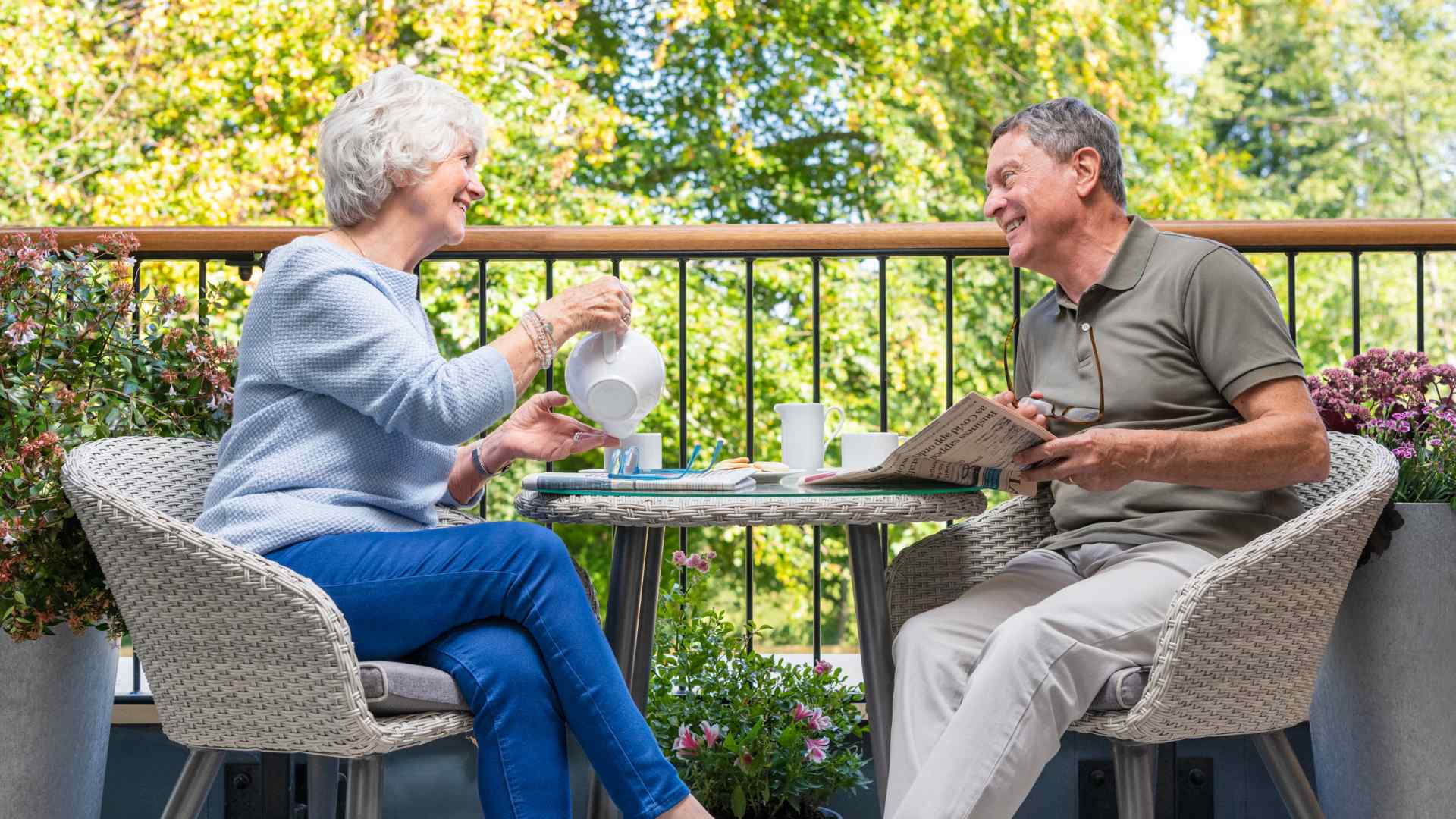
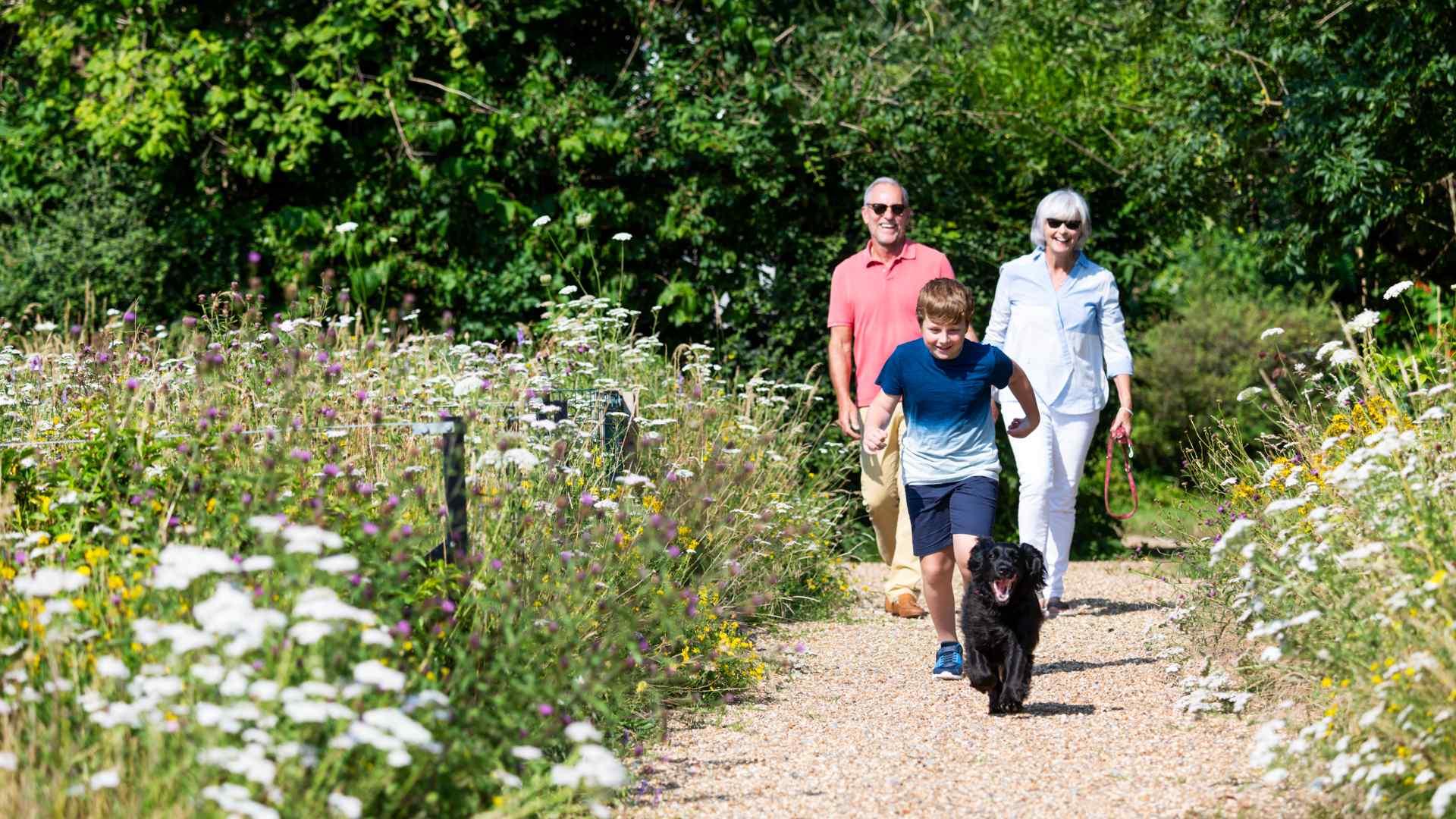
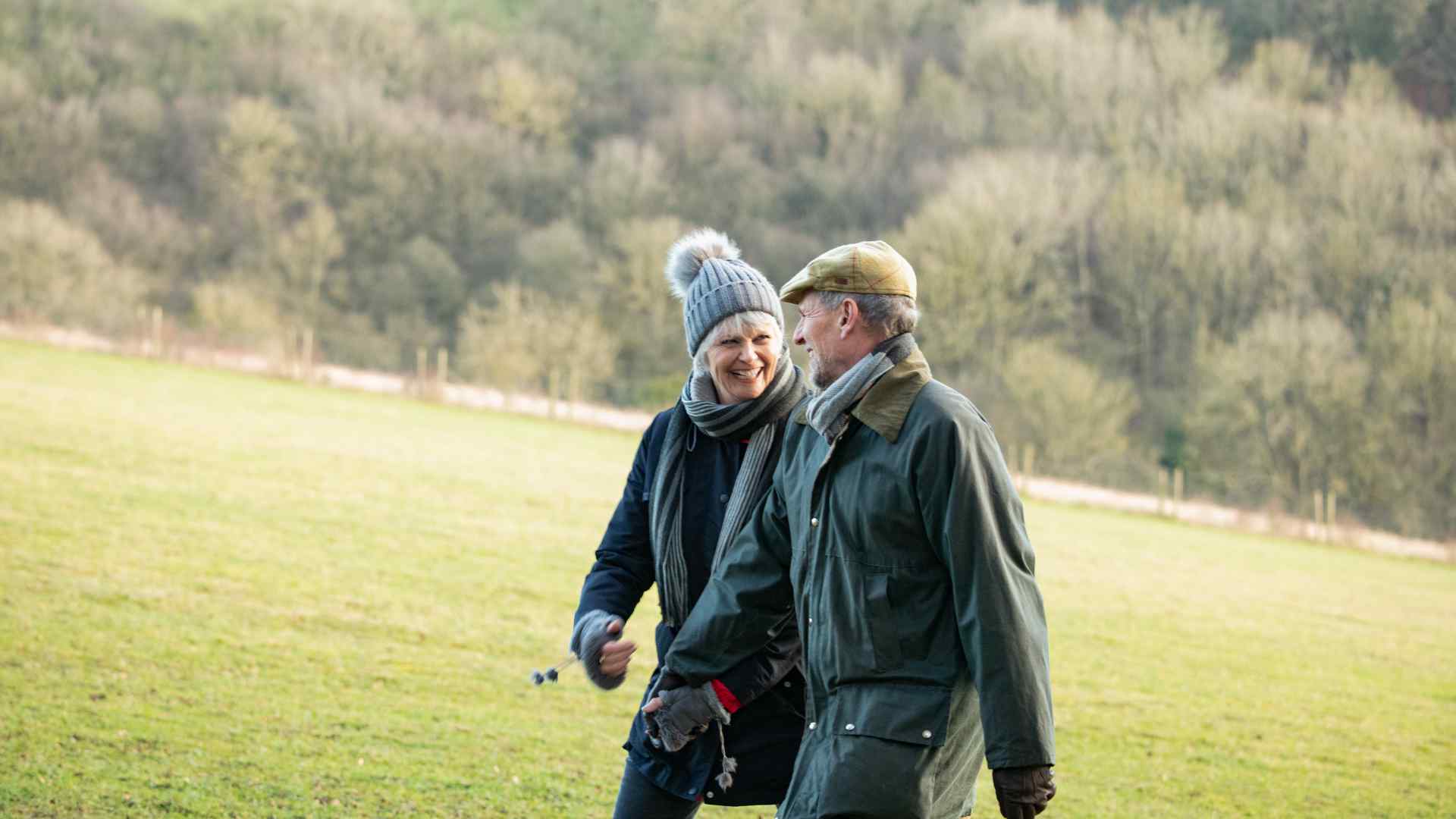
Research certainly suggests that it may well be…
At Beechcroft, over the last four decades, we have noticed a change in our homebuyers. Today, our home buyers who are aged over 55s seem to have more energy, enjoy more sports, travel and hobbies than those of a similar age in the previous generation and today, the over 55s even look younger than their earlier counterparts.
When we looked into the question of ageing, we found a whole body of recent research that reveals many of us are ageing more slowly than our counterparts just two decades ago. According to scientists all over the world, there’s evidence that biological ageing, that is, the wear and tear that shows on the cells in our bodies, appears to be slowing down.
A study published in the journal ‘Nature Aging’ confirms that 70 really may be the new 60 as, on a whole host of measures, the older generation in England has never been in such good health. Whilst we hear reports about high rates of cancer and dementia, research shows that older people today are experiencing higher levels of physical and mental functioning than previous generations did at the same age.
If we look at photographs of our grandparents or even great grandparents, it’s obvious how much older they seemed, even when they were approaching the age of 60 compared to today’s sexagenarians. Now in my 60s, I look back and recall older neighbours who seemed old, even when they were only in their 50s – and that wasn’t just the perspective of a young person but also the view of my mother who lived into her 90s.
The team at the Robert N Butler Columbia Aging Centre adopted a new approach when researching into the overall health of English adults over the last generations, assessing trends in functional abilities including cognitive, locomotor, psychological and sensory capacities. The findings were the same – today’s older adults demonstrate better mental and physical than people of the same age from earlier generations. For example, a 68-year-old born in 1950 had a similar capacity to a 62-year-old born in 1940 and those born in 1940 had better functioning than those born in the 1920s and 1930s. If someone born in 1950 had been compared with a counterpart born in 1920, researchers believe they would have seen even greater improvements.
Research from other countries reveals similar results. According to the journal, Scientific American, studies from Finland, one studying physical ageing and the other cognitive ageing reveal generational change by comparing adults born in 1910 and 1914 with those born approximately 30 years later. Using six physical tests and five cognitive tests, the two age groups were assessed in 1989 and 1990 and in 2017 and 2018, using in person tests rather than self-assessments. The group born later walked faster, had a strong hand grip and exerted more force with their lower leg. Cognitively, the group born later had better verbal fluency and reaction times as well as scoring higher on tests matching numbers and symbols. Lung function, however, was static and there was no improvement in short term memory tasks but this could be because those born later were less likely to be subjected to ‘rote learning’ in school.
In a Dutch study of cognitive ageing published in 2018, adults born between 1931 and 1941 outshone the same age adults born in the 1920s on a whole range of cognitive measures whilst a 2013 Danish study showed that birth year related differences can persist into very old age with 95 year olds born in 1915 outperforming people of the same age born in 1905.
So why are we staying younger for longer? There are many reasons, including improved medical care and a reduction in the number of people smoking but the most important factor in the studies appears to be that the later born of the older generation showed evidence of better nutrition and more physical activity. In terms of brain functions, education plays a significant role – the more educated someone is, the more likely they are to be more affluent, attend medical appointments, enjoy good nutrition and do a job that does not ‘wear out’ the body. Regular exercise certainly seems to be one of the key factors.
Scientists at Birmingham University and King’s College, London studied amateur cyclists aged from 55 to 84, who did not smoke, drink heavily or have high blood pressure. The results from this group were compared with those of a group of adults aged 57 to 80 and 20 to 36 who never exercised regularly.
The results showed that loss of muscle mass and strength did not occur in those who exercised regularly, the immune system, the body fat and cholesterol levels of the cyclists did not appear to increase with age and the testosterone levels of the older cyclists remained high, suggesting they may have avoided most of the ‘male menopause.’
Of course, ageing is a natural process and some individuals will age more quickly, particularly if they experience poor health, but everyone can do something to keep themselves looking and feeling younger.
Here are a few of our top tips that may help you feel young...
Currently, less than half the over 65s do enough exercise to stay healthy – but if you want your body to age more slowly, exercise is the answer.
Balance and strength training exercises maintain bone strength, decrease the pain from arthritis and decrease the risk of falls whilst aerobic (cardio) exercise, including walking briskly, cycling and dancing can help your muscles, bones, circulatory system, respiratory system and brain.
Yoga, Pilates and stretching can improve your flexibility. Physical exercise has significant positive effects on depression and anxiety and can help improve your cognitive function.
Experts suggest that the best anti-ageing diet is one filled with whole, natural foods avoiding processed foods and unhealthy sugars, fats and salts.
Whole grains such as whole wheat and brown rice, lean meats and fish, poultry and eggs, beans, peas and legumes and our ‘five a day’ fruit and vegetables help keep cells healthy.
Adding more plant foods to one’s diet means providing more essential vitamins and minerals but a vegetarian diet or part vegetarian diet shouldn’t mean missing out on protein.
Protein is important in maintaining muscle mass as we age. Nuts, Greek yoghurt and cheese are good sources of protein. Of course, a healthy diet also keeps the brain functioning better and for longer.
Spending time in the sunshine is good for Vitamin D levels which help keep bones strong.
Being outdoors for 15 to 30 minutes in the sun should be adequate for vitamin D production – not through sunbathing but just being outside. Vitamin D is also found in fatty fish, like salmon and in egg yolks and fortified foods including cereals.
If you’re outdoors, make sure you use sun protection because sunlight can cause skin damage which leads to wrinkles as well as increasing the risk of skin cancer.
As we age, our kidneys become less efficient and medications can lower the body fluids so older people are more prone to dehydration which can cause confusion and disrupt the normal functioning of our vital systems.
About 60% of our bodies are made up of water and we need water for the regulation of body temperature, digestion, removing waste and maintaining healthy skin and joints.
Stress has a negative impact on your body.
Meditation can reduce stress and improve cognitive functioning and having a more relaxed lifestyle can help enormously, which is where a new Beechcroft home could make a difference.
Whilst you sleep, your body repairs cell damage which reduces the visible and internal signs of ageing.
Poor sleep is said to have an ageing effect on skin and is linked to age-related diseases such as heart problems, diabetes and high blood pressure.
Many older adults suffer from insomnia which is difficult to cope with but it could be worth talking to your doctor and trying to develop a calming bedtime routine.
Learning new skills, playing games – even on your computer or tablet and even doing a physical activity that challenges your brain, such as dancing, all help keep your brain active.
A new home, your family, friends, socialising, events to look forward to, treating yourself – all these help develop a positive frame of mind which helps keep you young.
On a recent birthday, someone said to me, ‘it’s not about the number of years, it’s about your energy levels and if you’ve got a positive attitude, you exude energy.’
I don’t know if that’s true but it’s worth finding out.
With retirement homes across the south of England, our homes are perfectly placed for you to immerse yourself in a community of like-minded neighbours.
Browse our current developments5 February 2026
Whatever your taste or your budget, you can find somewhere to dine out in Windsor. From Michelin starred restaurants to smart restaurants…
Read more4 February 2026
Make this easy sweet and sour sauce recipe UK style with crispy chicken, peppers and pineapple. A quick homemade fakeaway that…
Read more3 February 2026
Discover the best Valentine’s Day meal deals 2026 from UK supermarkets. Compare prices, menus, and value from M&S, Tesco, Aldi,…
Read more